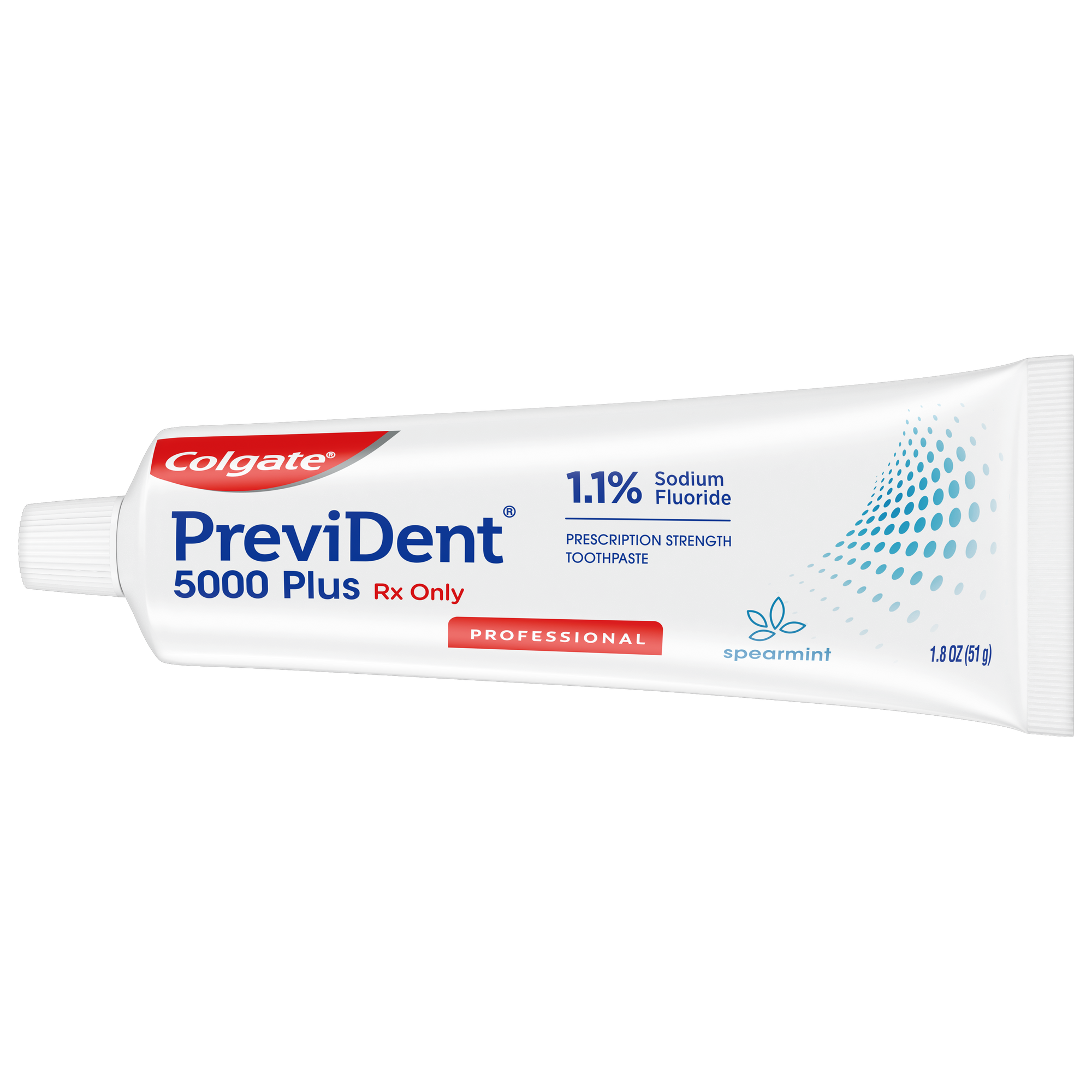Fibromas are masses that can appear in other parts of the body but are commonly found in the oral cavity. They're hard and smooth tumor-like clumps of scar tissue. Fibromas appear as the same color as the skin on the inside of the mouth, white or dark red, if they have recently bled from irritation.
How Fibromas Develop
This mass of connective tissue usually grows in response to trauma or localized irritation. What does this mean? A traumatic fibroma forms from the constant "bothering" of a particular area of your mouth. For example, if you continuously chew on the inside of your cheek, a fibroma could form in that spot. While fibromas are hardly ever cancerous, they can get bigger when irritated or grow larger over time.
How They're Found
Usually, if you have a fibroma, you're the one to find it! Or a dental or medical professional, upon routine examination, discovers it. On rare occasions, fibromas can show up in the maxilla (upper jaw) or mandible (lower jaw). These types of fibromas are more likely to be discovered in digital imaging rather than from you noticing them in your day-to-day routine.
Where They Occur
As noted above, oral fibromas develop in your oral cavity. Specifically, fibromas are on your tongue and the inside of your cheeks and lips. They can even grow on the outside of your mouth and have the potential to become raised. Keep in mind that fibromas develop from repeatedly biting a specific area of your skin, irritation by a foreign object (like dentures, for example), or trauma to the surrounding tissue.
Fibromas are more likely to occur in adults but can occur at any age. Ossifying fibroma, for example, a specific type of fibroma, can occur in children.
How to Treat Them
While continuing your oral health routine is essential, avoid using your toothbrush to brush your fibroma. This type of irritation can bother it further. Removing the fibroma is usually your best course of treatment. Even though most fibromas are almost always benign, your dental professional may determine that removing the tissue as a precaution is a good idea. They will then send your biopsy to a pathologist specializing in this type of tissue sample. If there is a cause for removing your fibroma, an oral maxillofacial surgeon can complete this procedure in an uncomplicated process of numbing the area, extracting the fibroma, and stitching the incision up. The healing process is usually relatively short, allowing you to continue your regular oral care.
While learning about fibroma treatment can help put your mind at ease, it's also essential to know how to prevent a future fibroma from forming! As we know that most oral fibromas develop from continual trauma or irritation to a specific area of your mouth, it's helpful to become aware of your habits that caused your original fibroma. Breaking these habits takes time! But with the help of your dental professional, you can begin to adopt preventive measures to keep your mouth wound-free.
This article is intended to promote understanding of and knowledge about general oral health topics. It is not intended to be a substitute for professional advice, diagnosis or treatment. Always seek the advice of your dentist or other qualified healthcare provider with any questions you may have regarding a medical condition or treatment.
ORAL HEALTH QUIZ
What's behind your smile?
Take our Oral Health assessment to get the most from your oral care routine
ORAL HEALTH QUIZ
What's behind your smile?
Take our Oral Health assessment to get the most from your oral care routine















